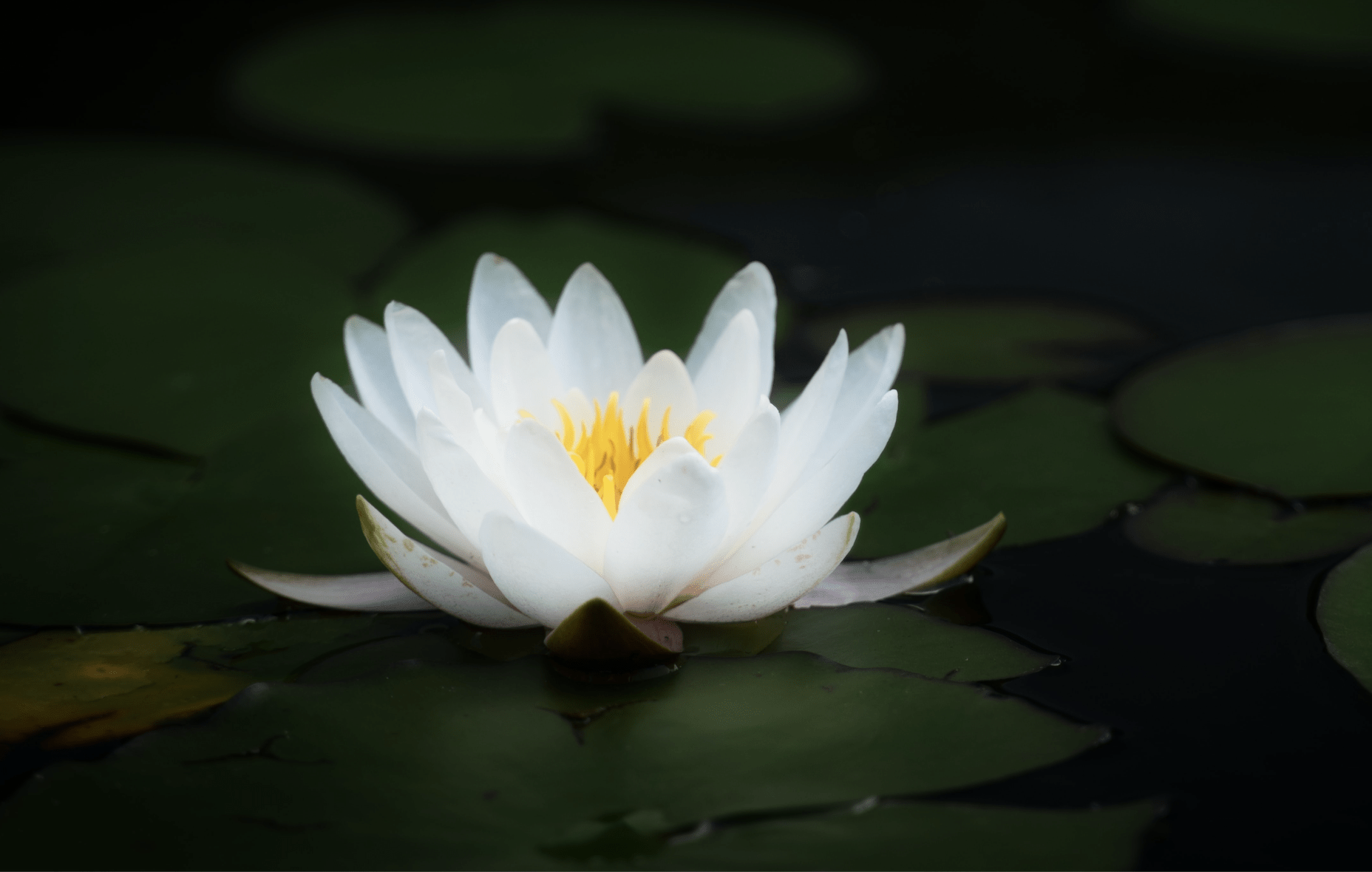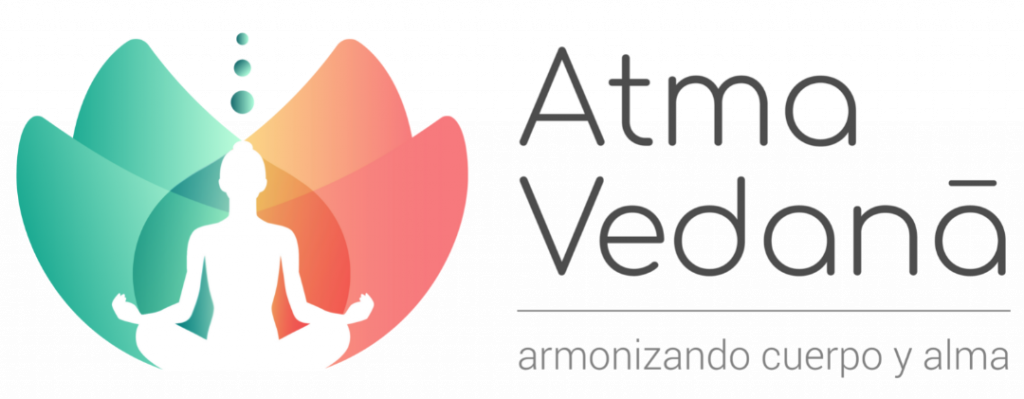enneagram
Enneatype 8
R E V E N G E • L U S T • V U L N E R A B I L Y T Y
ENNEATYPE 8
Birth Injury
Birth injury refers to an emotional or psychological wound experienced in the first years of life, particularly during early childhood. This wound originates in family experiences and dynamics and can leave a deep mark on the personality and the way a person relates to themselves and others.
Birht Injury: Feeling of vulnerability and helplessness.
The wound of enneatype 8, also known as “The Challenger” or “The Protector”, is related to the feeling of vulnerability and the need to protect oneself from possible threats or injustice. The Enneatype 8 wound may arise from past experiences in which they felt betrayed, controlled or subjugated, which generated an attitude of defense and protection.
Shadow (weaknesses)
In imbalance, Enneatype 8’s are known for their tendency towards excessive control, aggressiveness and domination. They can become authoritarian, imposing their will on others and seeking power and control in all situations. They may have difficulty listening to and considering the opinions and perspectives of others, as their desire to maintain control may prevail.
Ego characteristics: Aggressive, Authoritarian, Conflictual and Tyrant.
Idealizes: Power and control, seeking to avoid vulnerability and weakness.
Desires: To maintain control and be respected, seeking to avoid being manipulated or controlled by others.
Avoids: Vulnerability and dependence, sacrificing his own need for intimacy to maintain his autonomy.
His greatest fear: Being controlled or manipulated by others and losing his independence and power.
Defense mechanism: Denial and denial of vulnerability, showing a strong and defiant attitude.
Resists: Being vulnerable and showing weakness, seeking to maintain control at all times.
Self-image: Strong, powerful and protective.
How he manipulates: Using control and dominance to influence others and get what they want.
Personality disorder (when very unbalanced): Psychopath.
Light (qualities)
In balance, Enneatypes 8 are known for their strength, courage and ability to lead in a fair and empowering way. They are self-confident and confident in their ability to face challenges and overcome obstacles. Their determination and willpower enable them to tackle difficult situations with courage and perseverance.
Essential Characteristics: Defender, Leader, Vulnerable and Intuitive.
Essential Quality: Enneatype 8’s essential quality of power can be a positive force when used in a balanced and constructive way. It allows them to lead, protect and empower others. However, it is also important for Enneatype 8’s to be aware of possible excesses or abuses of power and work to channel their strength in an ethical and responsible manner.
Life learning: Life learning for Enneatype 8 involves letting go of the need to constantly control and protect their space and territory. It is a process of surrendering and trusting that they can find safety and strength in openness to experiences, rather than clinging to rigid control. Learning to trust others and allowing them to share their emotional burden and responsibility is also critical.
Psychological challenge: How can I avoid getting hurt if I let go of the shell and let go of control?
Integrity: Enneatype 8s in their light structure are people of strong principles and value honesty and integrity. They are direct and forthright in their communication, and expect the same from others. Their honesty and transparency allow them to build relationships based on mutual trust.
Courage: Enneatype 8s in their light structure are courageous and bold. They are not afraid to face challenges or confront difficult situations. Their courage allows them to make difficult decisions and stand up for what they believe is right, even when they face resistance or adversity.
Drive to Improve: Enneotype 8’s drive to improve is based on their desire to overcome obstacles, achieve autonomy, develop leadership skills and grow emotionally. Their focus on self-improvement and developing strengths drives them to constantly seek new opportunities to grow and overcome challenges.
consciousness
Why know your ego
By becoming aware of their ego, Enneatype 8s can identify the triggers for their anger and aggression, and learn to manage these emotions in healthy ways. It also gives them the opportunity to examine how their need for control can affect their relationships and explore more equitable and authentic ways of interacting with others.
Enneatype 8
Triad
In the Enneagram, the “triad” refers to one of the fundamental aspects of the enneatype that are classified into three main groups. These clusters represent three centers of intelligence or predominant approaches to processing information and coping with the world. Each of these clusters is associated with three specific personality types.
Viceral Triad: Enneatype 8, also known as the Challenger or the Leader, belongs to the Instinct or Action triad. The Instinct triad is characterized by a stronger connection with the body and is motivated by the need to protect and assert oneself in the world.
Centering: When the 8 enneatype is centered, it connects with the positive qualities of the 2 enneatype. This involves showing a greater capacity for caring and generosity towards others. They can use their power and leadership to support and protect others, building strong and loyal relationships. Their focus shifts to service and empathy, showing greater sensitivity to the needs of others.
Decentering: On the other hand, when enneatype 8 decenters towards enneatype 5, they may show more distancing and self-protective characteristics. They may become more reserved and withdrawn, seeking to preserve their energy and maintain their independence. They may be more cautious and distrustful, and may show a greater need to control their environment and protect themselves from potential threats..
Enneatype 8
Characteristics
Lost message in childhood
The message lost in childhood for the Eights may be “You are loved and supported, and you don’t have to be strong and protective all the time.”
Triad
Enneatype 8 belongs to the Instinct or Action triad. This triad is characterized by a more action and survival oriented approach. Enneatypes of this triad tend to be more connected to their body and instincts.
Fixing
The fixation of Enneatype 8 is revenge. Eights may have a tendency to react with anger and aggression when they feel they have been wronged or when they perceive injustice. They seek to protect themselves and others, and may take a defiant stance to any form of oppression or control.
Passion
The Enneatype 8’s primary passion is lust. Eights experience a strong urge to seek intensity and fulfill their desires, both in terms of power and control and in their personal relationships.
What is your focus
8s tend to focus their attention on power and control, both personally and in social situations. They seek to be strong leaders and protect others, while maintaining their own autonomy and independence.
Principal motivation
The Enneatype 8’s primary motivation is to protect themselves and others, and to have an impact on their environment. They seek justice and fairness, and are willing to face any challenge to achieve their goals and stand up for what they believe is right.
Unconscious message received in childhood
The unconscious message the 8 may have received in childhood is that they must be strong and self-reliant to survive in a world they perceive as hostile or dangerous. They may have developed an attitude of distrust toward others and a need to maintain control in all situations.
Enneatype 8
Wings
Enneatype 8 may have wings that refer to adjacent numbers on the enneatype circle, i.e., enneatype 7 and enneatype 9. The wings are subtypes that influence the personality and behavior of the main enneatype, in this case, Enneatype 8.
The wing of enneatype 8 with a tendency to enneatype 7:
may exhibit more fun-oriented traits and the pursuit of positive experiences. Eights with a Seven wing tend to be more outgoing and optimistic. They are enthusiastic and adventurous, and may seek stimulation and enjoyment in life. They may have a greater need for freedom and may be more open to new possibilities.
The wing of enneatype 8 with a tendency to enneatype 9: may exhibit traits more oriented toward tranquility and connection. Eights with a Nine wing tend to be more relaxed and peaceful. They may have a greater ability to adapt and flow with change, and may focus on maintaining harmony and stability in their relationships and environment. They may show greater sensitivity to the needs of others.
enneatype 8 at its best
Conscious actions
Understanding your enneatype is vital for your consciousness/spiritual development process, because it allows you to see and recognize what you are doing unconsciously in response to your woundedness. If you have reached this point it is because you want to generate a change and act from your consciousness and not from your ego, in other words from your love and not from your fear. Here are some suggested routes of conscious action for you to begin to generate a change.
Enneatype 8 can practice conscious actions for personal growth and development. By cultivating empathy, they strive to understand the perspectives of others and show compassion for their experiences. In addition, they practice healthy anger management, channeling it constructively and expressing it assertively.
Practice empathy:
Try to put yourself in others’ shoes and understand their perspectives and feelings. Listen actively and show compassion for others’ experiences.
Cultivates vulnerability::
Allow yourself to show your vulnerable side and share your emotions with people you trust. Learn to trust others and allow them to support you when you need it.
Practice healthy anger management:
Recognize and channel your anger in a constructive way. Learn to express your emotions in an assertive and respectful way, without being aggressive or domineering.
Work on cooperation::
Learn to work as a team and collaborate with others instead of always leading or taking control. Recognizes and values the skills and contributions of others.
Learn to delegate:
Recognize that you can’t do it all alone and learn to rely on others to share the workload and responsibilities. Delegate tasks and allow others to support you.

Contact us
(+57) 323 414 61 17
consultas@atmavedana.co
Join my newsletter!
Home
About Us
Transpersonal Psychology
Privacy policy
Shop
Flower Remedies
Ancestral Medicine
Workshops
